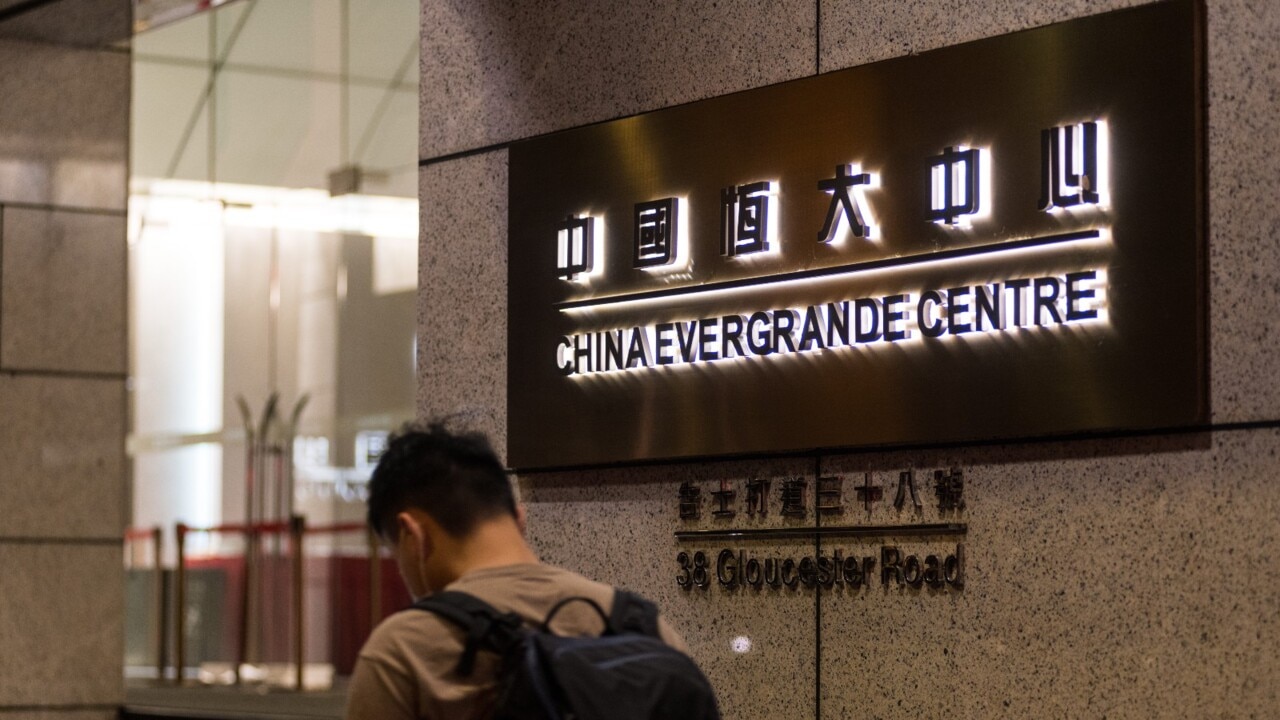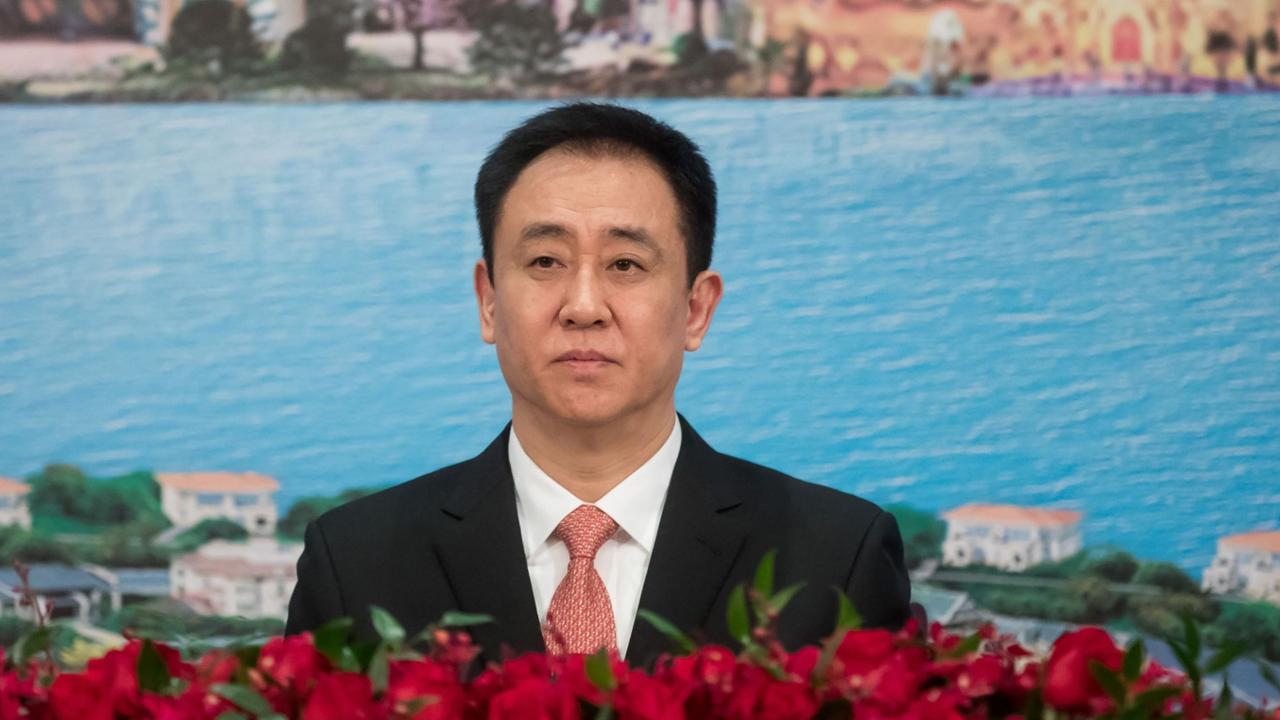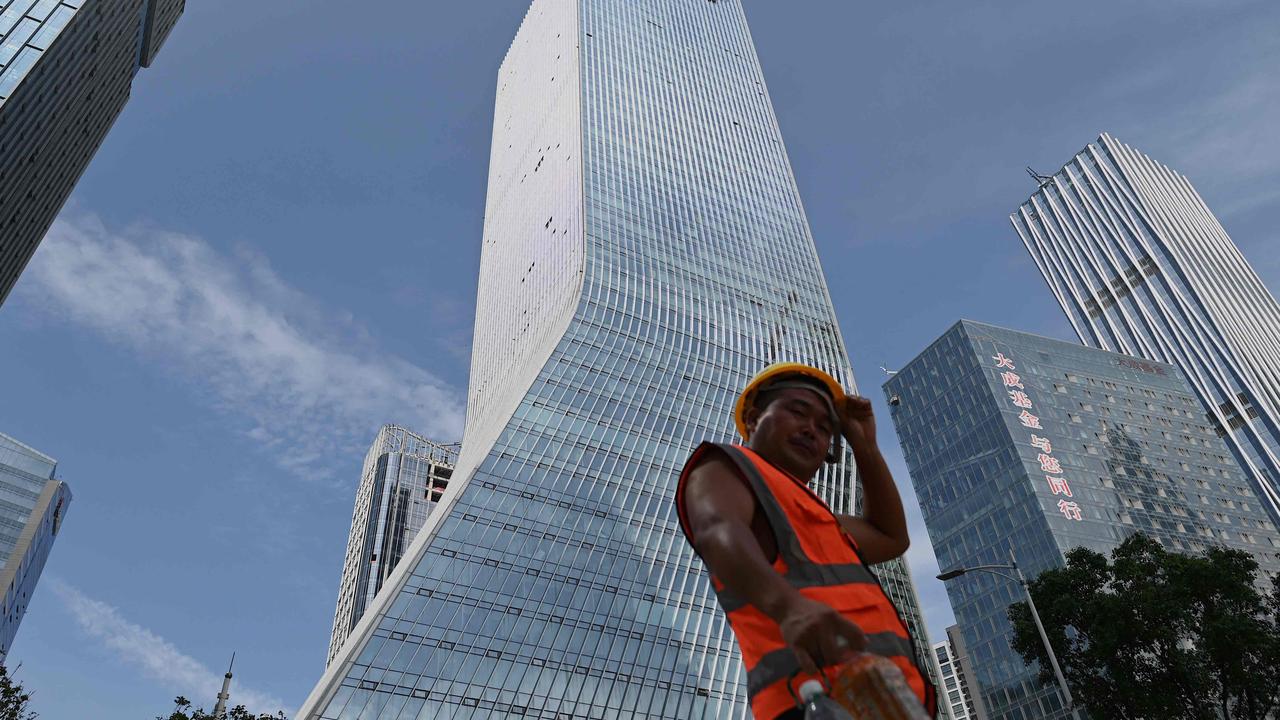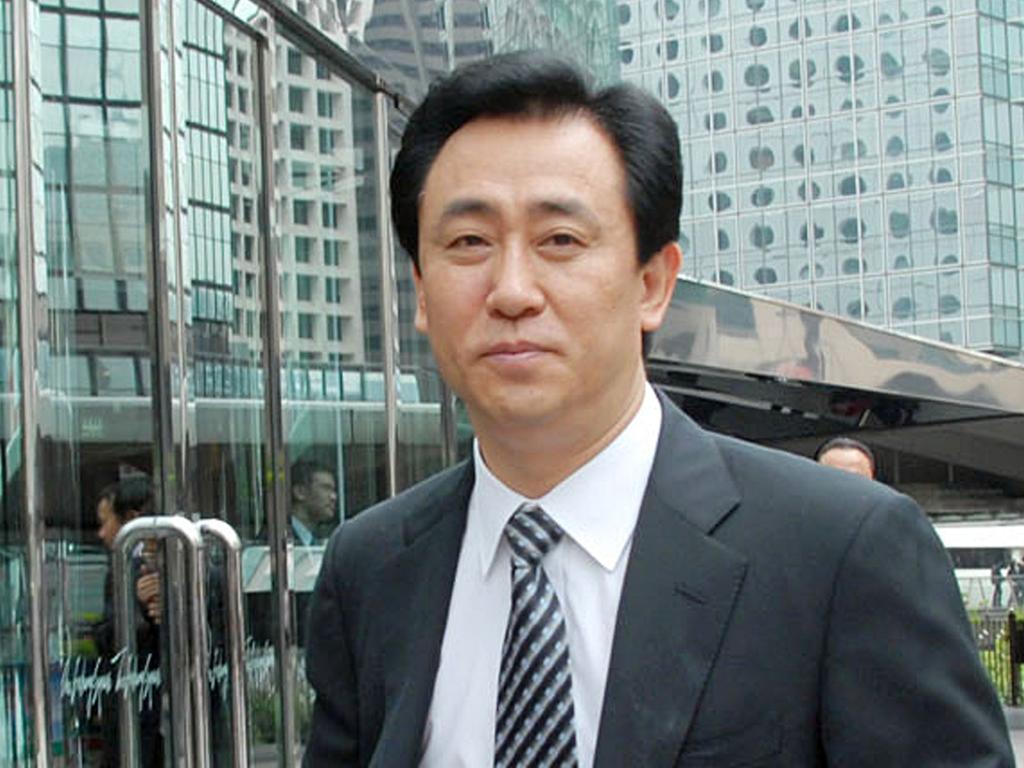China demands billionaire and founder Xu Jiayin pay off Evergrande debt
In a billionaire bloodbath, Beijing is making demands of the country’s elite to try and plug the property disaster besieging the country.

He praised the benevolence of China’s Communist Party. He thanked the “people” for making him a billionaire. Now Evergrande’s founder Xu Jiayin is being made to walk the talk – and commit his personal wealth towards saving his company.
Mr Xu has a $A130 million mansion in the hills of Hong Kong. He owns a luxury megayacht. He’s renowned for living a lavish billionaire’s lifestyle.
But not for much longer.
His Evergrande property conglomerate, representing more than 1 per cent of China’s economy, failed to come up with the cash to meet a September 23 debt repayment. Fears that it will miss further repayments – worth hundreds of millions of dollars – have sent the world’s financial markets into a frenzy of speculation.
With debts worth $A408 billion, there are signs the Evergrande crisis has triggered a cascade of similar collapses in China’s property industry.

Now, Beijing’s Communist Party inner sanctum appears to have had enough.
A Bloomberg report cites “people familiar with the matter” as saying Beijing has ordered founder Mr Xu (also known as Hui Ka Yan) to plough the billions he has made back into the floundering firm.
But he’s not as rich as he once was.
Mr Xu’s fortune is now estimated to be about $A10.4 billion. According to Bloomberg Billionaires Index, that’s down from a total net worth of about $A55.8 billion in 2017.
Government authorities are reportedly monitoring Evergrande’s bank accounts and financial activities. They’re ensuring whatever cash it has available is used to complete unfinished projects – and not repay clambering investors.

“Everything in Evergrande, it’s from the party, the country, and society,” Mr Xu told his employees in 2018. “So we should bear social responsibility.”
He’s just been ordered to do so.
Billionaire bloodbath
Mr Xu was born to an impoverished rural Chinese family. But his state-provided education gave him the tools he needed to get a foothold in the rapidly expanding real estate development business.
His company, Evergrande, was founded in 1996. It was floated in 2009.
That quickly put him in the running for the title of Asia’s richest man alongside tech entrepreneur Jack Ma.
Bloomberg’s analysts say Mr Xu pocketed some $10 billion in dividends from Evergrande over the past decade alone.
His success saw him rewarded in 2018 by being listed among the Chinese Communist Party’s 100 most outstanding entrepreneurs.
But he recently resigned as Evergrande’s high debt structure began to look fragile under new national equity-to-debt regulations.
Chairman Xi Jinping earlier this year imposed the standards to reign in a debt-fuelled property bubble as part of his “Common Prosperity” campaign. Instead, the move appears to have caused it to burst.
Mr Xu’s circle of billionaire friends are also struggling.
Zhang Jindong lost control of much of his Suning Holdings Group in July after being the subject of a Chinese government bailout. Mr Zhang had previously helped Evergrande maintain liquidity during a credit crunch. Property mogul Joseph Lau, also a long-time supporter of Mr Xu, has also reportedly begun dumping the stock.
Now Evergrande can’t find a source of new loans to pay those that are falling due.
The next debt payment deadline is October 29.

End of a gilded age
Mr Xu nominally remains in control of the Evergrande Group. He even made a public appearance at the Communist Party’s July centenary celebrations in Tiananmen Square.
But a lack of financial support from Beijing has resulted in him selling the more profitable components of his business to raise cash for liquidity.
Now Beijing appears to have formalised that process.
And his position on the Communist Party’s Political Consultative Committee advisory group hasn’t spared him their wrath.
It’s the same story for all of China’s struggling real estate developers.
China’s central banking regulator has reiterated the strict new debt-to-equity ratios will remain in place. That’s despite the cascading effect unpaid invoices is having on the industry, leaving builders and trades industries to be paid in empty apartments.
According to the Singapore Stock Exchange, the most recent example of this stress was when Modern Land China Co. failed to pay a $A332 million bond on Monday.
While prioritising the completion of properties for mum-and-dad investors, Beijing has issued a warning that companies must make “active preparations” to repay their offshore debts.
But the National Development and Reform Commission also called on companies to “optimise their foreign debt structure” to raise fresh funds, according to a statement following a meeting with companies in key industries on Tuesday.
Jamie Seidel is a freelance writer | @JamieSeidel






